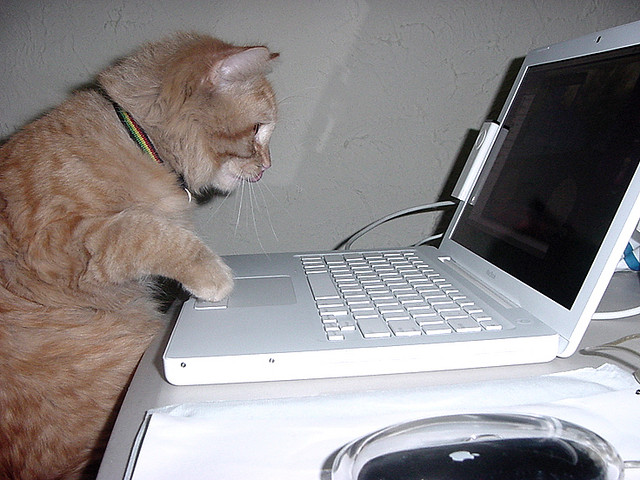How to stop overcompensating for others
First of all, we must begin being more deliberate. We probably have a strong force of habit to avoid “conflict” by choosing to do someone else’s part in the relationship. We won’t be able to stop overcompensating right away and we must acknowledge that that’s perfectly natural. We can’t fight the laws of physics.
This post contains Amazon affiliate links, meaning I may earn a small commission if you purchase through my links, at no extra cost to you. Note: We aim to provide accurate product links, but some may occasionally expire or become unavailable. If this happens, please search directly on Amazon for the product or a suitable alternative.
Second of all, we must give ourselves the time to contemplate the situation before we commit to whatever the other person thinks we should or even we (at this point) think we should do. The way to build on a new force of habit is to deliberately think of the short and long term implications of making a decision.
This may seem like a lot of work, and it won’t be easy initially, but we can’t avoid learning, so we might as well go with it. Write the pros and the cons down if you have to, but give yourself the time to really think about what you’re getting yourself into.
Third of all, we must practice thinking “I am not responsible for the whole relationship. I cannot overcompensate enough to make this relationship work. Even if I could, since I’m doing all this work, what relationship is it, anyway?” This may not sound positive at all, but this is a perfect step between overcompensating (which is a negative thing) and positive thinking (which is in exact opposition).
This doesn’t mean we are going to take their head off whenever we reach the conclusion we’d rather not overcompensate anymore. It just means we need to be comfortable to say “No” because the price to pay for saying “Yes” is way too high, and will eventually catch up with us.
Once we are comfortable with this new idea in our own minds, we can begin saying “No” to small things, and work our way up to really being fair to ourselves by making sincere and positive decisions that we are then comfortable sharing within the relationship.
What does making excuses for others mean?
Making excuses means instead of looking at the reality of the situation, we try to ignore it by coming up with unrelated excuses. For example, instead of admitting the reality “This person was rude to me,” we come up with an excuse for their behavior “They must be having a bad day.”
You see, while indeed they may be having a bad day, this doesn’t mean it’s alright that they are rude to us, who have nothing to do with their bad day. Making excuses for others is never a good idea. It sends the other person the message that “It’s alright to take your frustrations on me” and thus, taints the relationship.
Chances are high we met with this person having a bad day to give them an opportunity to shift their focus and feel good, as opposed to what usually happens, which is they drag us down to feeling badly by being rude.
There are instances, of course, when we too have a role in the uncomfortable situation. We are multi-dimensional beings, so the lines can become tangly and blurry. That’s why it’s best to take the time to contemplate each situation (or as many as we can) and figure out what we really want to experience more of.
Being in an uncomfortable situation means there is something to be improved, and regarding our personal life – it’s our job to figure out what we want the improvement to be.
In each uncomfortable situation, our emotions will let us know the reality, and we can allow ourselves to be guided toward improvement. Our environment will inspire us to our action, but we must pay attention and deliberately build on a new force of habit.
Instead of keeping ourselves in the same place (or inadvertently making things worse) by coming up with excuses for others, we can start becoming comfortable with the idea that contrast is a natural part of our lives.
While negative circumstances are obviously uncomfortable, avoiding them is impossible. However, our amazing environment ensures our potential to learn from them and improve our lives thanks to them. It is then up to us to empower ourselves and indeed, learn and improve.









